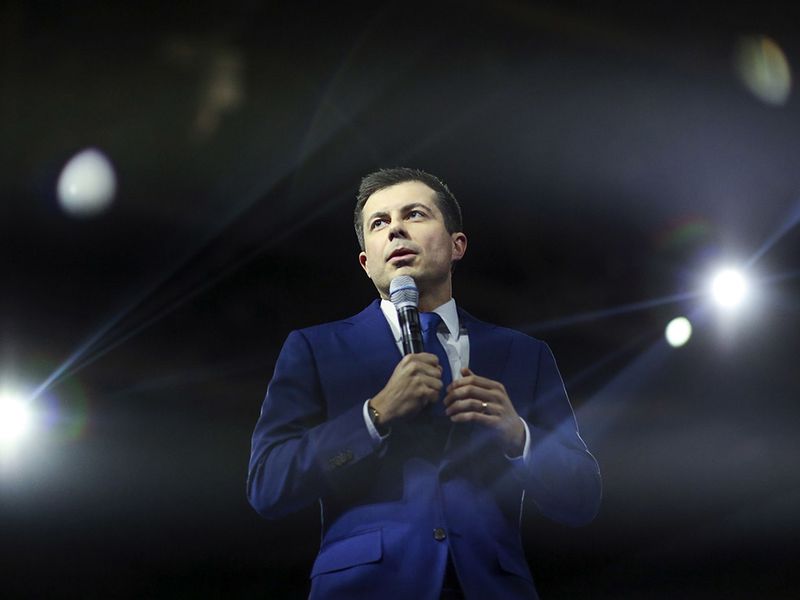
WASHINGTON — Pete Buttigieg, President Joe Biden’s nominee to head the U.S. Transportation Department, won bipartisan support from senators at a Thursday confirmation hearing, where he said it was possible new gas tax revenue could fund infrastructure.
“We need to look at any responsible, viable revenue mechanism we can all agree on,” said Buttigieg, the former mayor of South Bend, Ind., at the hearing in which lawmakers said he would quickly win Senate confirmation.
Asked by Republican Senator Mike Lee if new revenue could include gasoline tax hikes, Buttigieg said: “It’s possible — certainly many states have taken that step including my own — but it’s not the only approach.”
After the hearing, a spokesman for Buttigieg sought to clarify his remarks. “A variety of options need to be on the table to ensure we can invest in our highways and create jobs, but increasing the gas tax is not among them.”
Congress has not boosted the 18.4-cents-per-gallon federal gasoline tax since 1993. That tax is now worth just 10.2 cents after adjusting for inflation.
“There are several different models,” Buttigieg added. “In the short- to medium-term that could include revisiting the gas tax, adjusting it and or connecting it to inflation.”
He also said raising revenue based on vehicle miles traveled is possible but acknowledged privacy and technological concerns.
Since 2008, Congress has transferred about $141 billion to the Highway Trust Fund, according to the Government Accountability Office, to pay for road repairs rather than rely on gas tax revenue.
Buttigieg said in the long term “as vehicles become more efficient and we pursue electrification, sooner or later there will be questions about whether the gas tax can be effective at all.”
He added: “All options need to be on the table.”
Congress failed again last year to approve a multi-year surface transportation bill and instead passed a one-year extension that expires Sept. 30, which includes $13.6 billion in additional general funds to fund road repairs.
Biden has vowed to boost fuel economy standards that were slashed under Trump and take steps to increase the number of U.S. electric vehicles.
On Thursday, Steve Cliff, a senior California Air Resources Board official, was tapped to serve as deputy chief of the National Highway Traffic Safety Administration. Cliff was heavily involved in striking a voluntary vehicle emissions deal with Ford Motor Co, Volkswagen Group and other automakers in 2019.